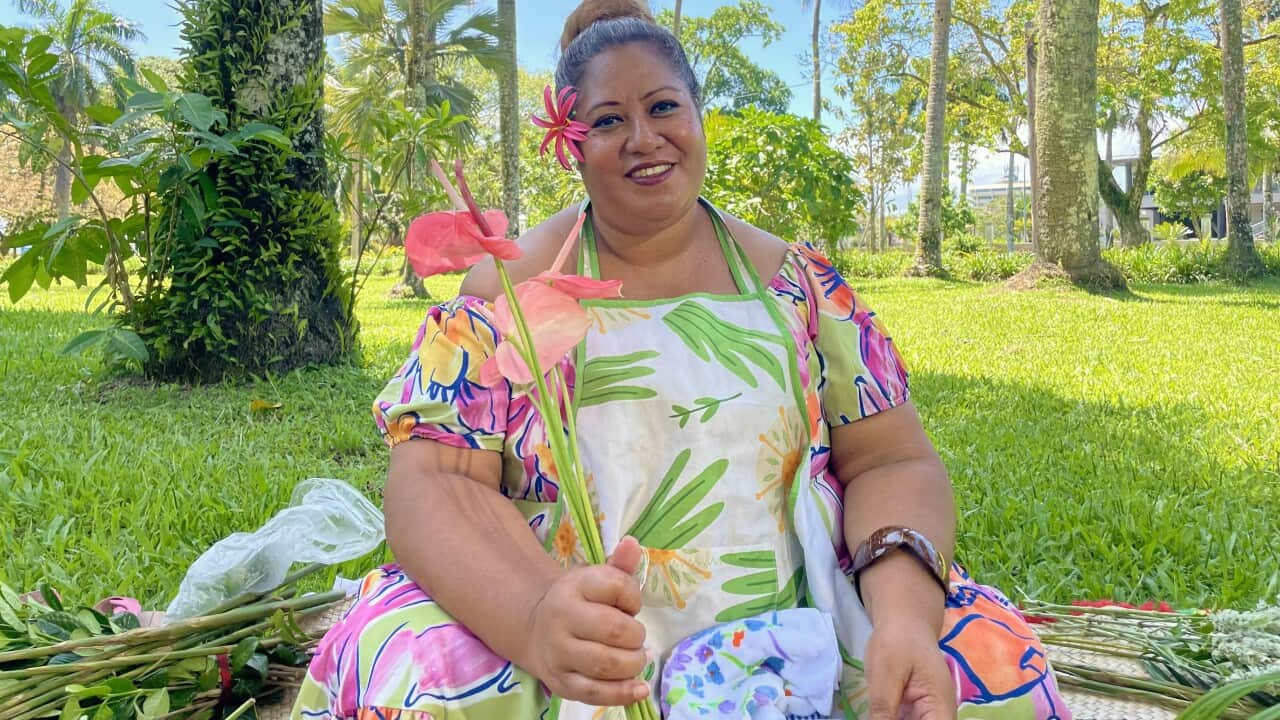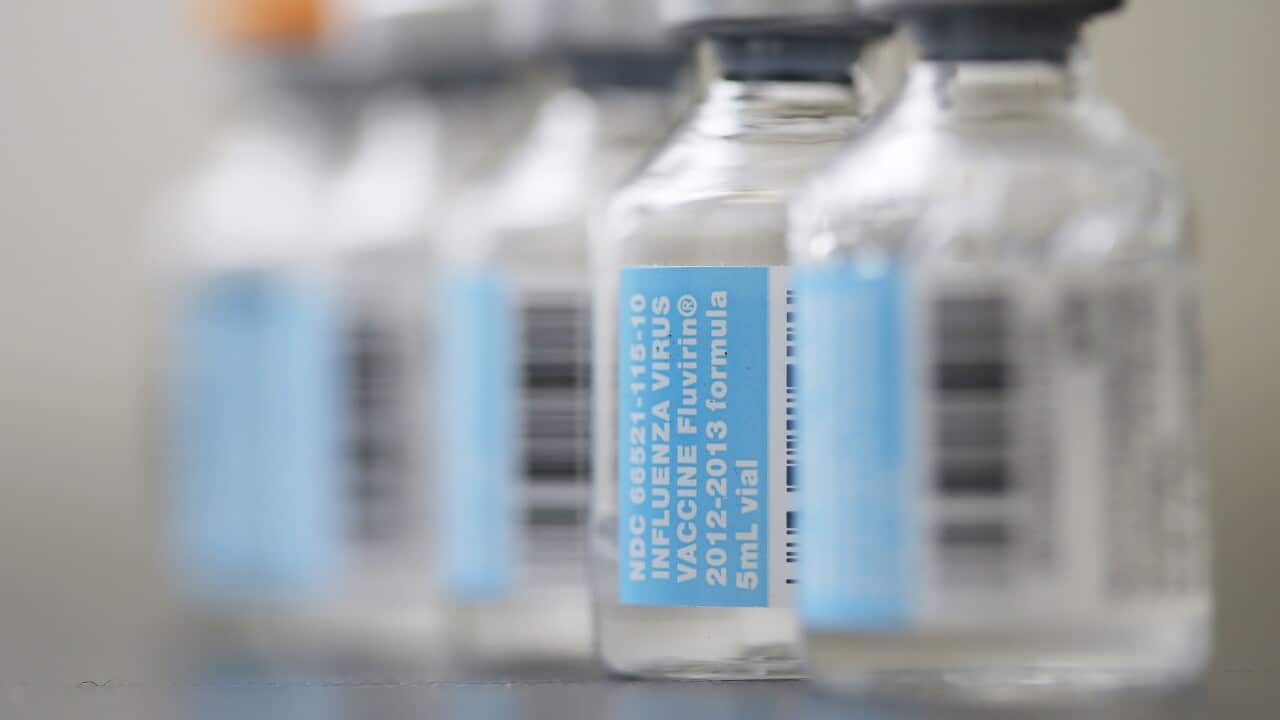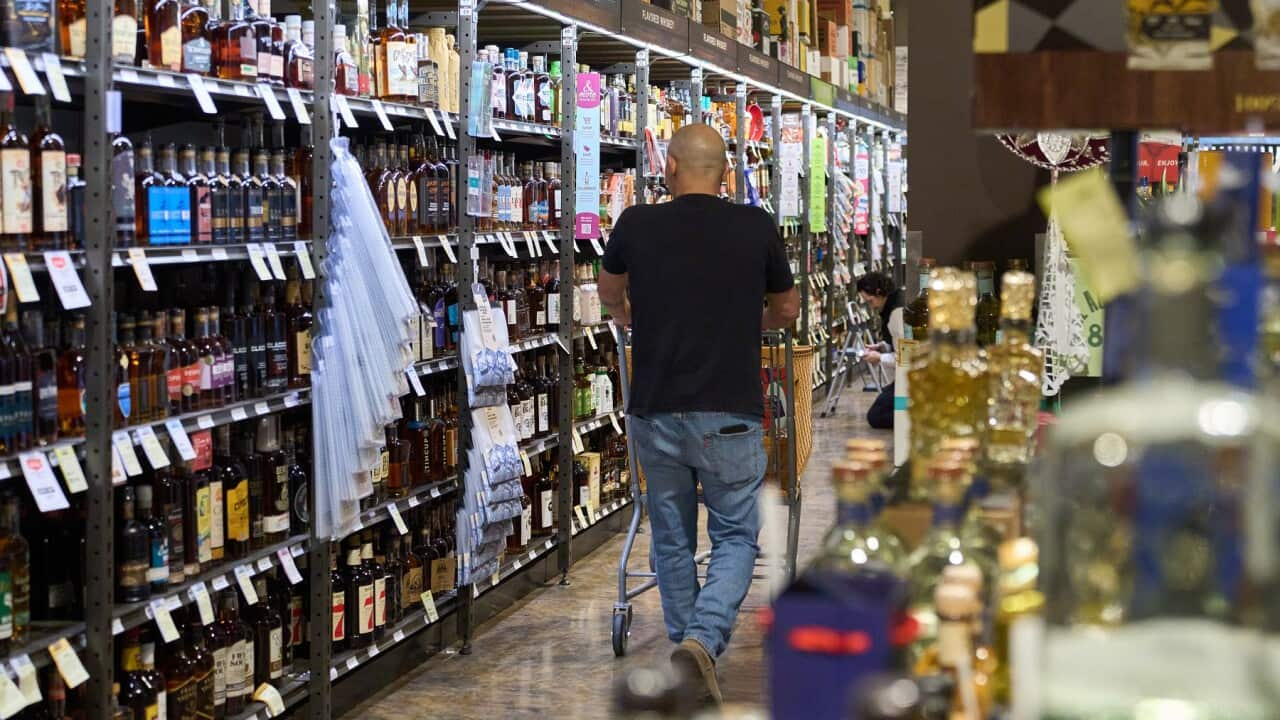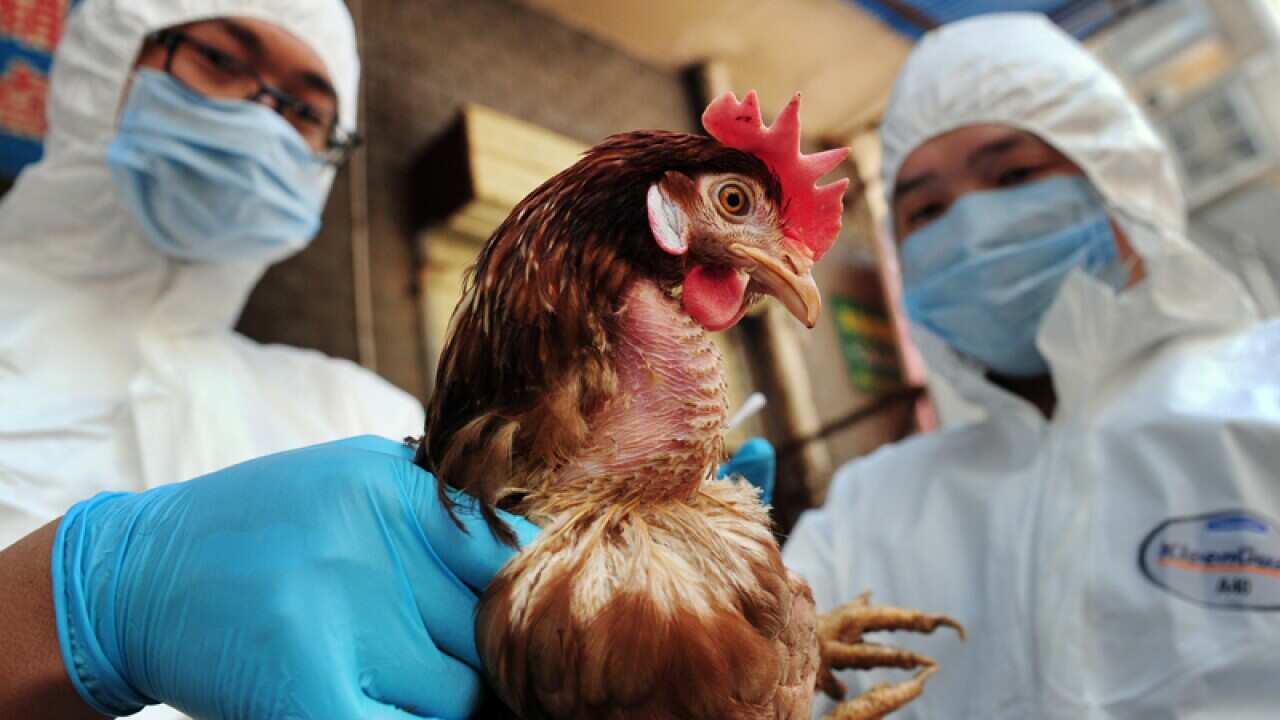TRANSCRIPT
20 years ago, Jokapeci Tuberi Cati became the first person in Fiji to live openly with HIV.
"I contracted HIV within my marriage, my first husband died in 2003, but at that time there was no treatment for HIV in Fiji. Coming out public was a decision I felt I never regretted. Given the level of advocacy that has changed the perception in society, they were able to address stigma and discrimination towards people living with HIV."
She has since founded the Fiji Network for Positive People -encouraging the Pacific approach of 'talanoa' - exchanging open conversation, to share knowledge and create a support network for those living with HIV.
Here are two participants, Emosi and Magret.
"It helps me alot to know HIV and AIDS, to understand the impact of HIV to my body and how I can overcome it."
"Our organisation is like a family, we don't feel shame, we are like brothers and sisters. My husband passed away two weeks ago, and he's not taking treatment, I can tell the worst thing for us HIV people, is not taking treatment."
HIV infections in Fiji surged by more than 200 per cent between 2010 and 2023,
Fiji's Ministry of Health recording a 33 percent increase in cases in the first six months of this year, compared to the whole of 2023.
This is Renata Ram, a HIV Advisor for UNAIDS Pacific based in Suva Fiji.
"The main mode of transmission at the moment, is through sexual transmission, unsafe sex, and we have a growing epidemic of injecting drug use and chemsex as well."
Some medical practitioners urging people to get tested even if they are asymptomatic,
Nurse Vilisi Uluinaceva, from Medical Services Pacific, says the rise in methamphetamine use is another growing concern.
"Because it's like a hub now for drug trafficking, most of the cases we saw, it's not transmitting through sexual partners, it's through the use of needles and syringes, sharing of the needles."
This is Fiji's Prime Minister, Sitiveni Rabuka.
"We have to beef up our police to be able to handle the very fast moving and fast growing problem of drugs. We also need to smarten up on the methods international traffickers or trafficking are doing."
Some suggest Fiji's rising infection rate could pose a public health threat for the region, if left uncurbed.
Renata Ram from UNAIDS again.
"Fiji is the hub of the Pacific, so we have the national university here. A lot of people who come from other Pacific Islands work in Fiji and go back home. A lot of seasonal workers in Australia, in New Zealand as well."
The public health challenges posed by the spread of HIV are addressed by organisations such as Medical Services Pacific who offer free health checks including screening for HIV.
This is Ana Fofole from Medical Services Pacific.
“We not only have a static clinic, we also have a mobile outreach clinic, where we reach out to the farthest community and provide them with information. We assist in providing the point of care test where in 15 minutes they know their result and early detection treatment is provided.”
Sesenieli Naitala Bui from the Survival Advocacy Network says it's important to share information to empower at risk groups, such as sex workers.
"We target some of the urban areas and the small towns. Just get tested before its too late."













